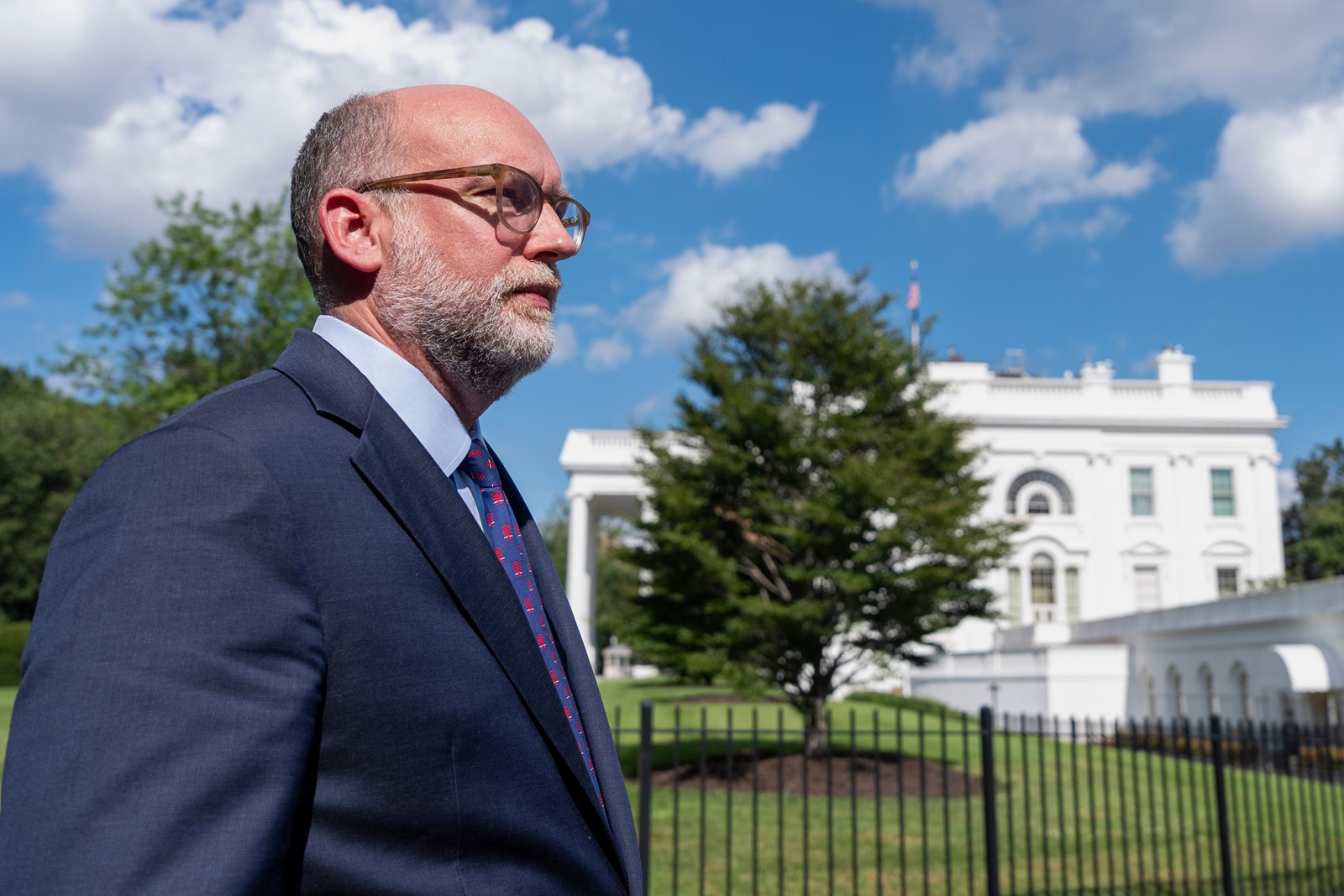
NEW YORK — The lights are on at the Consumer Financial Protection Bureau across the street from the White House, and employees still get paid. But in practice, the bureau has been mostly inoperative for nearly six months. CFPB employees say they essentially spend the workday sitting on their hands, forbidden from doing any work by directive from the White House.
The bureau is supposed to be helping oversee the nation’s banks and financial services companies and taking enforcement action in case of wrongdoing. During its 15-year existence, the CFPB has returned roughly $21 billion to consumers who were cheated by financial services companies.
Instead, its main function now seems to be undoing the rulemaking and law enforcement work that was done under previous administrations, including in President Donald Trump’s first term.
One current employee, who spoke on condition of anonymity because the directive forbids staffers from speaking publicly about their jobs, said outsiders would be amazed at how little work is being done. Employees are reluctant even to talk to one another, out of fear that a conversation between two employees would be considered a violation of the directive.
The CFPB took a lighter approach in Trump’s first term but continued to pursue enforcement actions. Under President Joe Biden, the agency took an expansive view of its authority, targeting profitable practices by banks such as overdraft and credit card late fees, as well as investigating companies over credit reporting and medical debt.
The bureau also turned a spotlight on Big Tech companies that have made inroads into financial services. For example, the CFPB ordered Apple to pay $89 million in fines and penalties for problems related to the Apple Card.
Banks and the financial services industry felt the Biden CFPB acted too aggressively, particularly with a proposal to cut overdraft fees to $5 from the industry average of $27 to $35. The bureau estimated the move would save consumers roughly $5 billion a year. The proposal was overturned by Congress in April with Trump’s backing.
Once Trump 2.0 began, the bureau became a main target of the Department of Government Efficiency, whose employees became embedded there. Through the bureau’s acting chief, Russell Vought, the White House issued a directive for CFPB employees to “not perform any work tasks.”
The administration then tried to lay off roughly 90% of the bureau’s staff, or roughly 1,500 employees. Courts have blocked those layoffs, but there is a feeling inside the bureau that the court rulings are only a temporary reprieve.
Companies that committed wrongdoing, or had open investigations, have lobbied the bureau and the White House for their punishments to be rescinded. Last month, the CFPB rescinded an agreement under which Navy Federal Credit Union agreed to pay $80 million to settle claims that it illegally charged overdraft fees to its members.
In mid-May, the agency scrapped an order for the auto financing arm of Toyota to pay customers a total of $48 million for illegally bundling products onto car buyers’ auto loans.
“Companies are lining up to get out of repaying harmed customers,” said Eric Halperin, former enforcement director at the bureau, who resigned earlier this year.


 PREVIOUS ARTICLE
PREVIOUS ARTICLE
